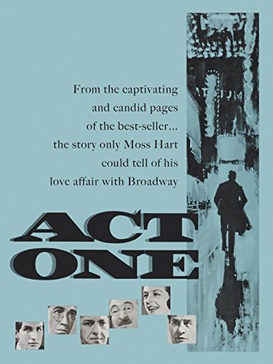My long automotive nightmare is over. I find it almost impossible to believe. I’d grown accustomed over the last 3 ½ months to thinking of my old PT Cruiser as a long-ago dream, like lost love or a chance to play Hamlet. But it happened at last, though not without drama. (I was sure I had a picture of my car I could post here, but it appears I don’t. Don’t want to take one now, because it’s been sitting in a lot all summer and looks kind of grungy. Imagine, if you will, a white PT Cruiser with woody panels.)
The call came just after 7:00 this morning. The lady at the auto shop said my car was done and ready to pick up. She said they’d actually gotten a call the other day from the supplier, saying we’d have to wait another two weeks, but (as usual) they didn’t know what they were talking about. The part (a shifter cable) showed up yesterday, and they’d installed it and it was working.
I drove over, submitted my credit card, and got my keys back. The bill was steep – north of $1200. I have the money, thanks to the Lord’s provision, but it would put a big dent in my bank account.
The next step was to install new license plates. They’d actually expired back in July – not merely the tabs, but the metal plates themselves. I’d brought a screwdriver, but I found the screws were corroded, and some of them wouldn’t move at all. Finally got a mechanic (a young woman, just to make it humiliating) to do the job for me.
Then I discovered that the radio didn’t work anymore. I don’t know what it is about this garage and car radios – the one in the loaner I’d been driving didn’t work either. A guy checked the fuses, said they seemed all right. He’d have to take the dashboard off and check the ground wire. Couldn’t do it right away, could I bring it back at 1:00 this afternoon?
I took the car home, then drove it back at the time appointed. This time, thankfully, it didn’t take too long. He said it was a fuse after all. The diagram in the car, he said, was wrong. I said I wasn’t in the least surprised.
I was glad to have my wheels back, but sad about the cost. And what do you know? I opened my mail today, and there was a property tax refund from the state, covering the bulk of the bill.
Proof that God lets His rain fall upon the unjust.





